
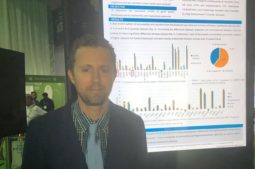
New research conducted by IVI has revealed important new discoveries in the field of embryo selection as part of the IVF process. This is highly significant because improved embryo selection is key to IVF success rates and can therefore help more people in their ambition build their families. These exciting advances were presented to a… View Article

Egg donation or the use of sperm from a sperm donor has long been successful fertility techniques. These are often but not exclusively used by people for whom other interventions have not been successful. In the past, major concerns about these techniques have been the health of the resulting offspring and the extent to which… View Article

Research by the world’s largest assisted reproduction group, IVI, has revealed some vital statistics concerning fertility preservation. The results will be of compelling interest for those considering the possibility of delaying motherhood through the freezing of oocytes. They found that success rates were significantly higher – showing a 40% increase – when the first stage… View Article
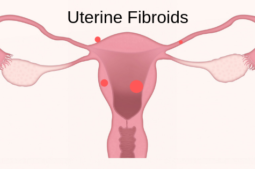
Fibroids are small growths inside the uterus and the condition is surprisingly common, with around 1 in 3 women developing them at some time in their lives. In many cases there is no need for fibroid removal and they often diminish over time, particularly after the menopause. In fact many people only discover that they… View Article

In just the same way as there’s no such thing as being ‘a little bit pregnant’, when you take a pregnancy test at home, there should ideally be no such thing as an ambiguous result. But unfortunately that is in fact sometimes the case. Even though a faint positive pregnancy test sounds almost as illogical… View Article
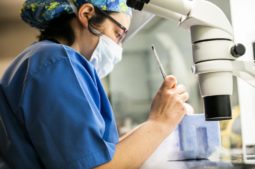
Pregnancy can be the most wonderful time of life, full of feelings of promise, excitement and, for many people, a time of glowing health and a sense of wellbeing. However, it is also a time of heightened anxiety and fears, some of them non-specific and irrational (but understandable) about a specific danger or risk. For… View Article

The causes of infertility for couples may originate in the man (30%), in the woman (30%) or sometimes both, but in this IVI blog article we are focusing on infertility in women. The causes of infertility are many and varied. They range from anovulation resulting from physical stress, to hormonal disturbances. Some of the most… View Article
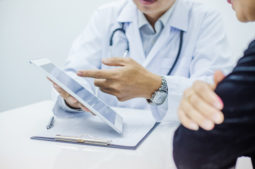
A ground-breaking study into current levels of male fertility has been undertaken by fertility specialists at IVI. It used the largest sample of men ever studied to date in world scientific literature. Its findings confirm what many people have suspected for some time on the basis of anecdotal evidence, and what fertility specialists working in… View Article
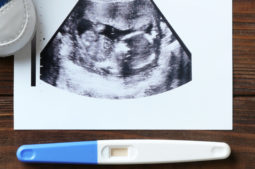
For anyone hoping to become pregnant, time can move slowly and days dominate the calendar. We’ve all been told not to wish the time away, but in reality, between the approximate time of ovulation and when your next period is due, it can be very difficult not to wish that the clock would speed up,… View Article
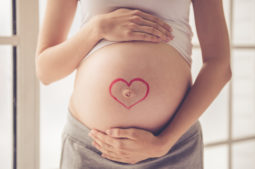
The best-known and most obvious cause of declining female fertility is age, with women’s peak fertility age being during their 20s, and quite a steep decline follows after the age of 35. However there are other causes which can accelerate or exacerbate the natural process of declining fertility. Among these are injuries to the fallopian… View Article
